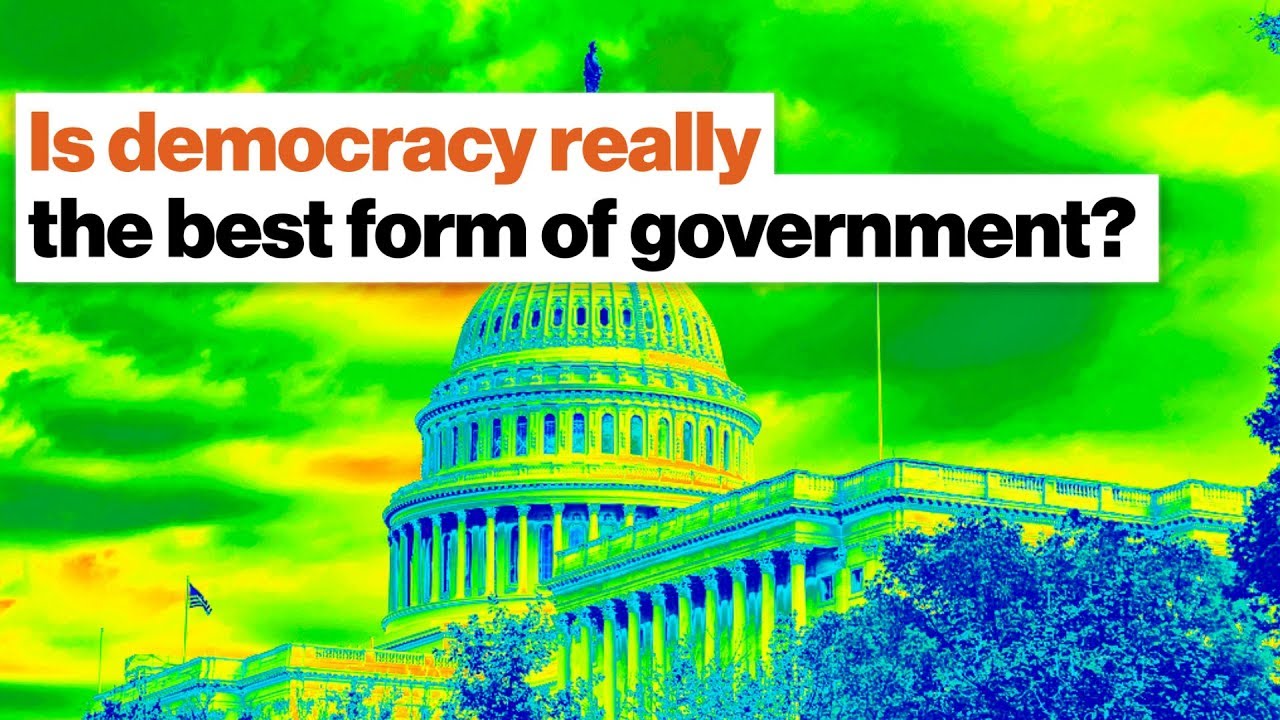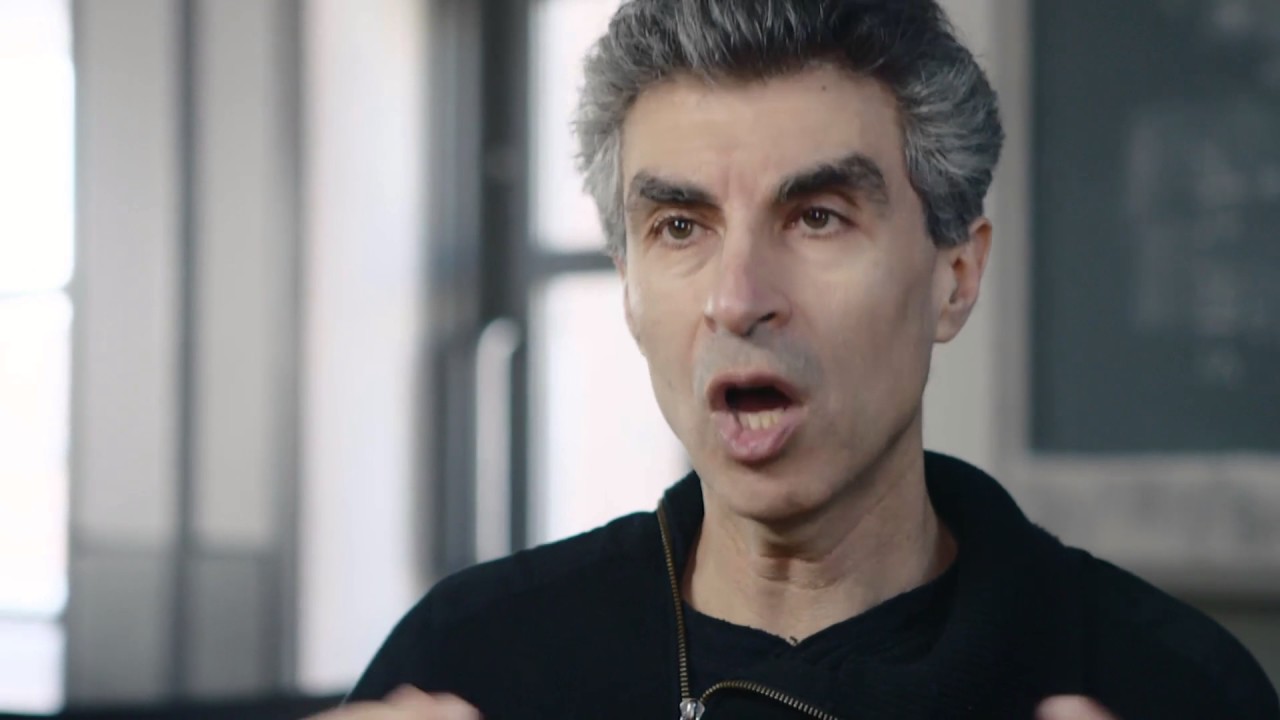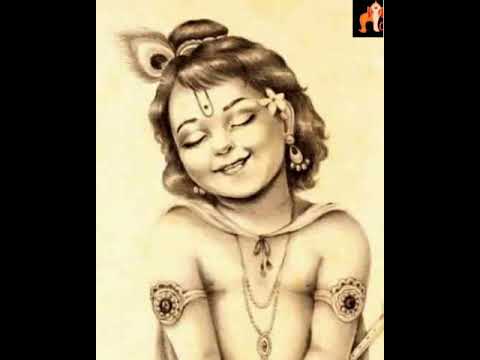Big Think
New videos DAILY: https://bigth.ink
Join Big Think Edge for exclusive video lessons from top thinkers and doers: https://bigth.ink/Edge
———————————————————————————-
“Now in practice,” says Steven Pinker, “no one has ever developed a democracy that works particularly well if judged in absolute terms. Democracies are always messy, they’re always unequal. They always involve lobbying and power grabs. But all the alternatives so far have been worse. Democracies seldom go to war with each other. They have higher standards of living. They have higher levels of happiness. They have higher levels of health. And they’re the obvious preferred destinations for people who vote with their feet. The whole world wants to live in a democracy. It’s an ongoing project. It’s currently under threat from a number of directions, but there’s never been a time in which we’ve had a well-functioning democracy in terms of meeting all the criteria in a high school civics class.”
———————————————————————————-
STEVEN PINKER
Steven Pinker is an experimental psychologist who conducts research in visual cognition, psycholinguistics, and social relations. He grew up in Montreal and earned his BA from McGill and his Ph.D. from Harvard. Currently Johnstone Professor of Psychology at Harvard, he has also taught at Stanford and MIT. He has won numerous prizes for his research, his teaching, and his nine books, including The Language Instinct, How the Mind Works, The Blank Slate, The Better Angels of Our Nature, and The Sense of Style. He is an elected member of the National Academy of Sciences, a two-time Pulitzer Prize finalist, a Humanist of the Year, a recipient of nine honorary doctorates, and one of Foreign Policy’s “World’s Top 100 Public Intellectuals” and Time’s “100 Most Influential People in the World Today.” He is Chair of the Usage Panel of the American Heritage Dictionary, and writes frequently for The New York Times, The Guardian, and other publications.
His tenth and most recent book is
———————————————————————————-
FOLLOW BIG THINK:
📰BigThink.com: https://bigth.ink
🧔Facebook: https://bigth.ink/facebook
🐦Twitter: https://bigth.ink/twitter
📸Instagram: https://bigth.ink/Instragram
📹YouTube: https://bigth.ink/youtube
✉ E-mail: info@bigthink.com
———————————————————————————-
TRANSCRIPT:
STEVEN PINKER: Probably the most famous product of the Enlightenment was the American Declaration of Independence and Constitution, a blueprint for a form of governance that tried to get the benefits of government—seeing as how anarchy is worse because you get spirals of vendetta and feuding and violence. You don’t get the coordination of large-scale economies without some kind of governance. Trying to get the benefits of governance without the perennial hazard that anyone given a bit of power will aggrandize their power and become despotic.
So the checks and balances of American democracy were a way of – I think of it as negotiating a middle route between the violence of anarchy (and anarchy does lead to violence—We were never noble savages that lived in harmony. Regions of the world without government are almost invariably violent) but also avoiding the violence of tyranny. Mainly you give someone power, they’re going to use it to maximize their benefits, their power, their longevity of their reign at the expense of people. Democracy is a way of steering between these extremes, of having a government that exerts just enough violence to prevent people from preying on each other without preying on the people itself.
Now in practice no one has ever developed a democracy that works particularly well if judged in absolute terms. Democracies are always messy, they’re always unequal. They always involve lobbying and power grabs. But all the alternatives so far have been worse. Democracies seldom go to war with each other. They have higher standards of living. They have higher levels of happiness. They have higher levels of health. And they’re the obvious preferred destinations for people who vote with their feet. The whole world wants to live in a democracy. It’s an ongoing project. It’s currently under threat from a number of directions, but there’s never been a time in which we’ve had a well-functioning democracy in terms of meeting all the criteria in a high school civics class.
Source




A republic is a better form of government
Anarchy doesn't lead to violence Pinker, that shoddy argument was beneath you. Anarchy HAS lead to violence, I think I could make a case the government has committed MUCH more violence throughout history.
The structure of government can reduce violence (Can't eliminate it, violence is what government is, just or not, laws are enforced with violence till you fill the prisons with non-violent "criminals")
The structure of society, or culture, can reduce violence too. In an anarchist society, you're not claiming a deified godhead of government has just authority to violate the sole self sovereignty of individuals to "keep the peace".
Go argue with some smart anarchists, cause it seems to be you either have a faith based belief in government as your lord and savior, or your just completely ignorant of the last century of arguments for anarchy.
Pinker is very wise, but he's completely clueless as to what anarchism actually is. Upon what examples is he drawing his conclusion? Anarchy leads to violence???? LOL WTF do you think governments lead to??? Wow he's so uninformed, even I would school him on this issue. Lysander Spooner's Constitution of No Authority should be his starting point.
Democracy: 51 dumb people picking the laws for 100 people. This is the holy cow nobody can criticize.
India has democracy but China has got communist dictatorship. However, China's progress has been tremendous. India on the other hand has failed as a nation.
For a democracy to properly function there needs to be a trusted, independent media that accompanies it to offset the threat of pervaisive demagogery. The easy answers that demagogues present have to be refuted by a trusted source.
It is good for a very wealthy, very educated population, which means not for developing countries.How would people expect a country with 90% of people does not have education higher the 6th grade, to vote on a country's fate? Sometimes, the majority is selfish and shortsighted.
It has failed just like socialism. Move ahead.. find something new
OFC democracy is worst system.
Monarchy is best system.
Democracy is tyranny by the majority. The masses of people are uninformed and unable to make choices that are optimal for society. It's the way lemmings live.
one of the reasons I don't support for socalled "democoracy" is that, why should idiots have the same right to vote, what would they vote for? Hitler?
Monarchy vs Democracy
Monarchy: The king steals from the people. He reigns his whole life and passes the state down as inheritance to his children, therefore he cares about its future capital value. When a monarch goes to war, he hires private mercenaries and since they are expensive he tries to win battles with absolute minimal loss of life, the result is war as a sort of sport where civilians often spectate from the side. A monarchy's legislation is usually centered around protection of private property and not much else, this is good for business as changing legislation can make planning more difficult.
Democracy: Everyone has the opportunity to steal from everyone else. Once in power the president or prime minister is only a limited caretaker and so must loot as quickly as possible (what isn't looted now, cannot be looted later). When a democracy goes to war, it is a total war with civilian conscription. Since its ideologically driven there are no territorial limits to their desired expansion (a monarch may want to reclaim an old piece of territory). Legislation under democracy grows by thousands of laws every year, laws which change as different political parties gain power, this makes business planning very difficult, which means people will avoid investing in long production processes.
This dude doesn't know what anarchy is. You should not take ANY opinion he says here, seriously. This shit wouldn't fly in a poly sci 101 class.
In it's purest form, no. In a limited form, like is was originally designed into the Constitution, maybe. The more democracy has expanded in the 🇺🇸, the more issues we seem to have. In the facade of fairness, we have actually became more divisive. Now I do realize there were problems, but over time the mentality did progress. We must remember, the wealthy elites will always have the most persuasion in governing affairs. That will never change. So is democracy really affective to begin with, or is it just a manipulation of the populous? That's the real question.
democracy is the best only if 80% ppl of a country are well-educated and selfless. model democracy must be adjusted as the time goes by. this kind of video is meaningless.
Lies bullshit
Can any of you anti democracy morons suggest a better system, one that you are better off in?
Democracy is slow but absolutely vital to prevent the concentration of powers in single hands.
yes
which type of government should a developing country practice to make their economy the best?
democracy is not better than all alternatives, stop repeating that lie like parrots.. the best form of governance is dictatorship with a good and wise dictator
A Roman would disagree! Aristocracy or the rule of the few, is preferable. The point of Democracy is to disagree, and this will always end up in stalemates. And this is really bad in times of uncertainty.
Nk form of government is good. But democracy seems to function for now…
I dont mind people voting, as long as I can deliver the candidates…..
a good open minded, super intelligent dictator is required and the best fit is an artificial general intelligence
the dictator's goals should be, from the perspective of humanity: intelligence of people, upgrading people, progress in science, progress in AI, standardisation of products like plugs, automation, freedom. later the AI should inject us with nanobots that turn us into robots that are so much better than humans and have working memory and 100% logical thoughts.
so turn real life into a sandbox game.
The Thing about government is that there isn’t a perfect government there is always something wrong with a government, weather it’s a democracy where everyone’s opinion gets heard, a lot of people’s opinions are not optimal and could kill the government, but something like a republic the people could vote for an elected representative, but what if that opinion on that vote isn’t optimal. But when people talk about how a lot of people’s opinions aren’t optimal they start to think about how only some people should be able to vote. The down side to that is that not everyone gets to vote, that is taking away your freedom and right to vote. There is nothing called the perfect government, there will always be the bad and the good. We try to fill in the bad with ICE, or Obamacare, planned parenthood, etc.
Democracy is actually the best form Government…….
I prefer technocracy over democracy.
Democracy may not be perfect, and may crumble, but it is still the best form of government we have, and we must not fault it.
The arguments that the alternative are worse are a complete and utter fallacy.
Monarchies still reign successfully. The Kingdom of Israel lasted over a hundred years and prospered under King Solomon and David. The Roman Empire was ruled by an Emperor and it lasted for nearly 1500 years.
Watch in the near future as Democracy collapses once the US crumbles within itself and other countries will follow with the loss of US military protection.
When did Rob Lowe become an expert on Democracy!?
We need a decentralized transparent government that adheres strictly to the scientific method.
ONLY TAX PAYERS SHOULD BE GIVEN A VOTE ; those who do not pay taxes, should not have a say in how taxes should be spent – Democracy and Socialism are NOT sustainable [Imagine a woman on welfare and birthing 8 to 10 children off taxpayers money ]
Democracy inherently leads to the majority preying upon the minority, democracy is always messy and lobbying and does nothing but lead to despotism either communist totalitarianism or fascist totalitarianism.